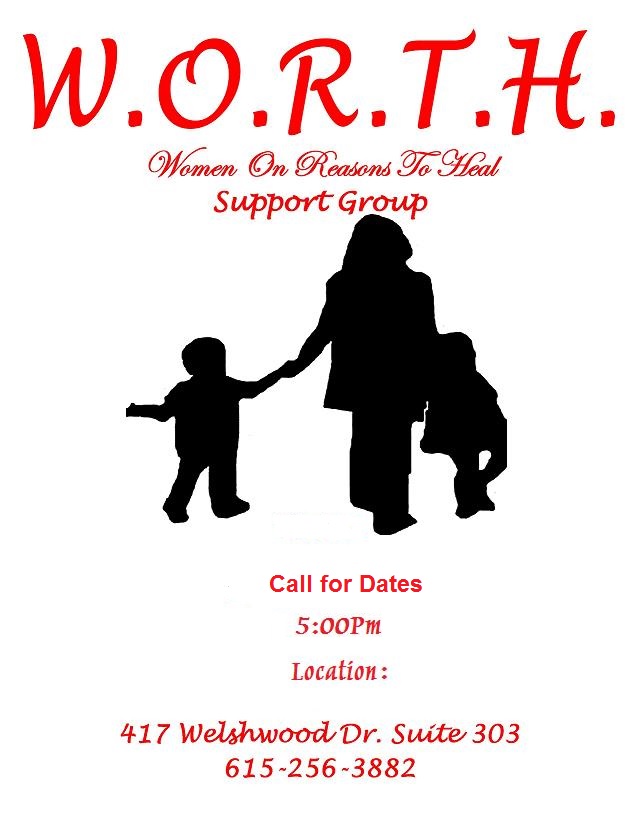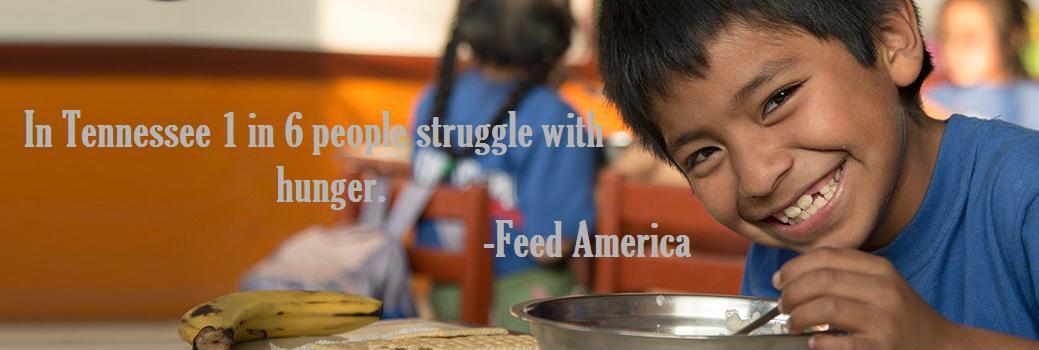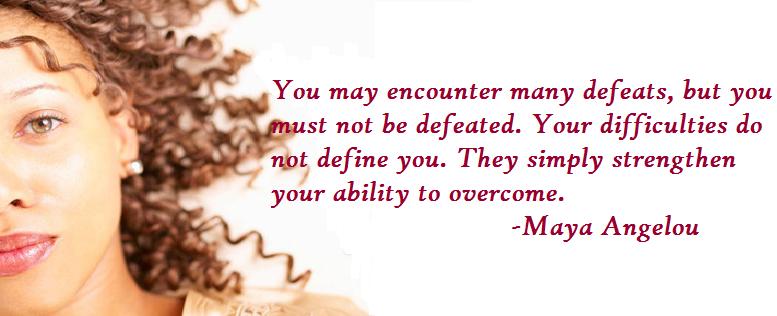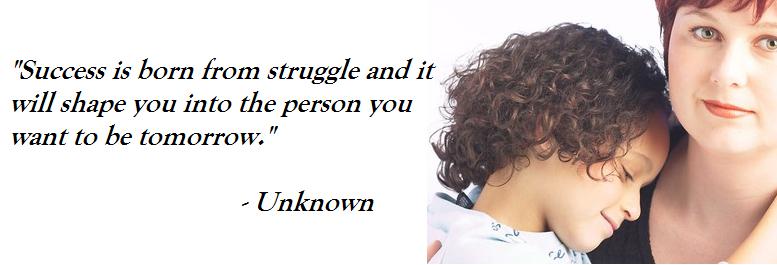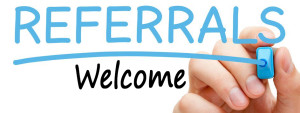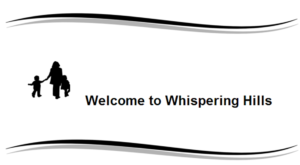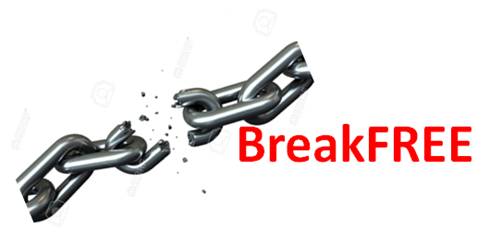
Domestic Violence Self-Assessment Survey
Our Domestic Violence Self-Assessment Survey only takes 5 to 10 minutes to complete. It is completely anonymous. All answers are simply kept for research purposes. Answer the questions below and click “Submit” when done.
Domestic Violence is NOT OK!
GET OUT!
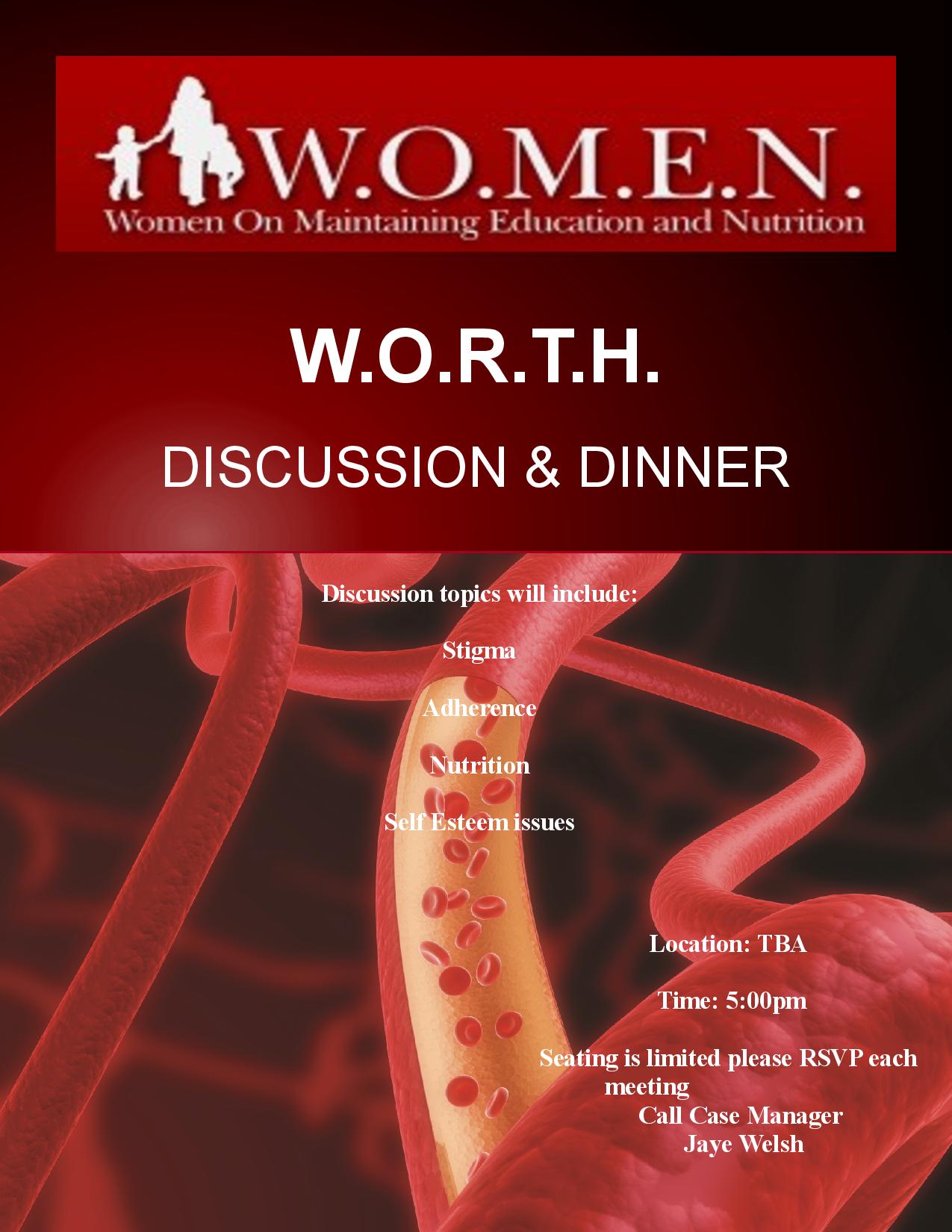
W.O.R.T.H Dinner & Discussion
You are invited to our special WOMEN’s support group sessions.
Please join us!
You don’t have to suffer alone
Sessions are open to all domestic violence victims in and around the Davidson county area.
if you would like one on one sessions instead of group sessions please call the schedule.
for more details and information
Please call us at 615-256-3882 or email: [email protected]
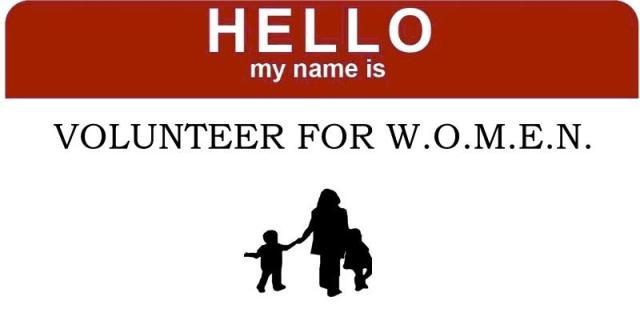
Volunteer for W.O.M.E.N.
Would you like to volunteer for our organization? If so, click HERE to fill out the form.
For any questions, please call us at 615-256-3882.
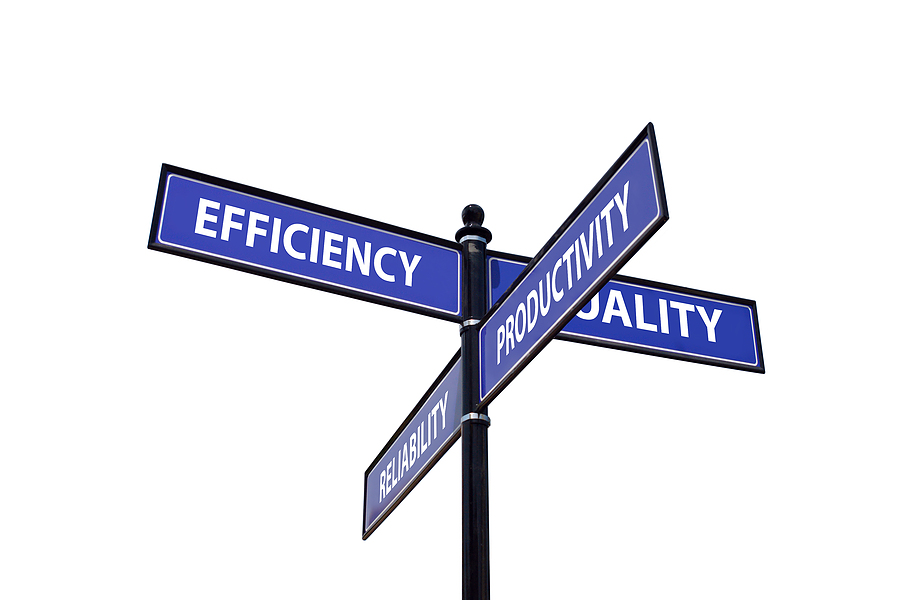
Productive Ways to Use Your Time
Productive Ways to Use Your Time
In order to lead a healthy and positive life, one must engage in positive activities. For people struggling with the many stressors that life throws our way, there are other things to keep our positive focus. The following is a list of ways to utilize your time productively:
- Listen to music. Music can put you in a great mood. Avoid music that makes you feel sad or angry.
- Watch TV. It’s ok to be a couch potato sometimes. This is a great time to catch up on shows that you missed.
- Read. It could be the newest magazine to hit stands or a steamy romance novel. Engaging in reading not only helps pass time but it stimulates the mind and increases your vocabulary.
- Play a game. This could include a crossword puzzle, solitaire, cards, or checkers.
- Create a new recipe/cook for your family. If you like to cook this is a great for you. This is also a great time to bond with your family.
- Exercise. Exercising is good for your mind, body, and is a great way to boost energy…and pass time.
- Take a bubble bath/aroma therapy bath. This is a great way to relax.
- Call and speak to a long distance friend or family member.
- Clean up your house. This is the best time to get caught up on some house chores, such as laundry.
- Make a list of things that you want to do before you die. This may sound a little morbid, but this can be a really fun activity. Think of all the places you want to visit and different foods you want to try. Get those cognitive juices flowing!
*For more information and more ideas of ways to spend you down time go to:
http://www.danielbranch.com/50-things-to-do-on-a-boring-day-at-home/
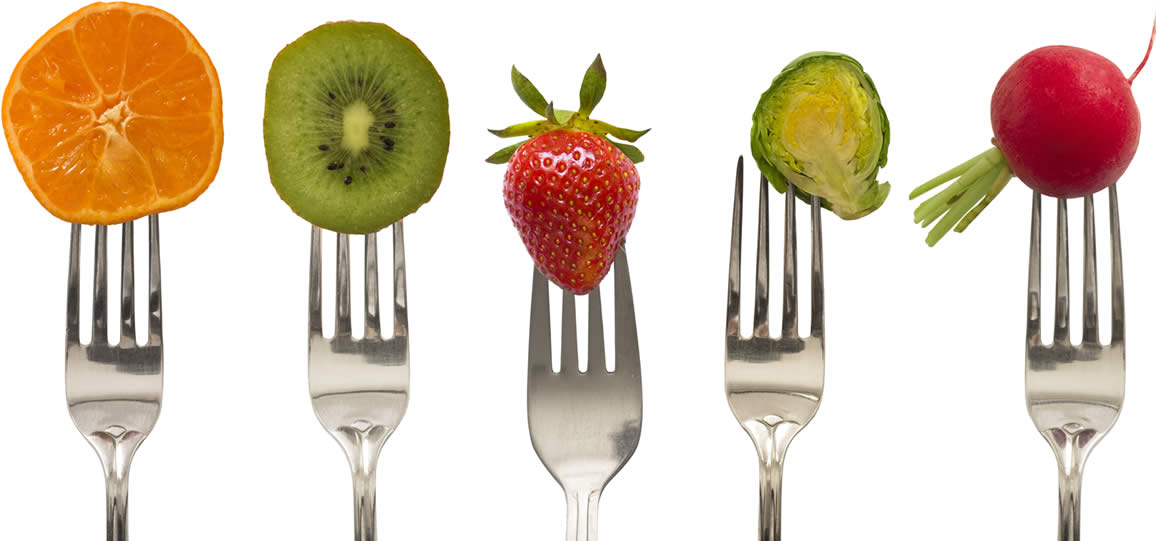
Nutrition and Ways to Stay Healthy
Nutrition and Ways to Stay Healthy
Having good nutrition carries with you throughout life. Something that we eat today could have a negative effect on us in the future. A balance diet consists of consuming fresh fruits and vegetables. Be sure to choose lean meats like poultry and fish, as well as other proteins like beans, eggs, and nuts. Avoid whole milk and foods that are high in cholesterol, trans-fats, saturated fats, high sodium (salt), or added sugar.
Tips for Maintaining a healthy Diet
-
Set yourself up for success
-
Moderation is the key
-
Fill up on colorful fruits and vegetables
-
Eat more healthy carbs and whole grains
-
Enjoy healthy fats, avoid unhealthy fats
-
Reduce sugar and salt
-
Add calcium foe bone health
-
Bulk up on fiber
Staying healthy doesn’t stop there. All too often we are faced with the reality of being diagnosed with a health problem that could have otherwise been avoided. By increasing physical activity, these problems can decrease and be less problematic. Physical activity can be anything from going to the gym or simply dancing to your favorite song. The following are a list of age-appropriate activities to promote good health:
Children and Adolescents:
-
Aerobics: brisk walking and running
-
Muscle-strengthening: gymnastics and push-ups
-
Bone-strengthening: jumping rope and running
Adults and Older Adults:
-
Aerobics: brisk walking
-
Muscle-strengthening: activities that target all the major muscle groups (legs, hips, back, abdomen, chest, shoulders, and arms)
*For more information, go to: http://www.cdc.gov/healthyweight/healthy_eating/
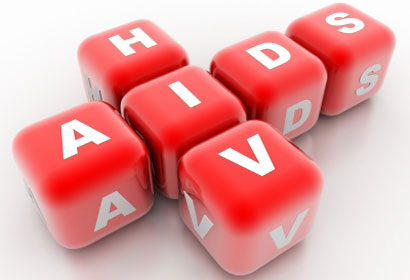
Common Myths and Misconceptions about the Transmission of HIV
Common Myths and Misconceptions about the Transmission of HIV
1) I can get HIV by being around other people who are HIV positive.
2) I don’t need to worry about contracting HIV, new medication will keep me well.
3) I can get HIV from mosquitoes.
4) I have been infected with HIV, my life is over.
5) AIDS is the new holocaust.
6) If I am receiving treatment then I cannot spread the HIV virus.
7) I am a heterosexual and I do not use IV drugs, therefore I will not contract HIV.
8) My partner and I are both HIV positive; therefore there is no need to practice safe sex.
9) I would be able to tell if my partner was HIV positive.
10) You can’t get HIV through oral sex.
11) HIV can be cured by having sex with a virgin.
12) HIV is the same thing as AIDS.
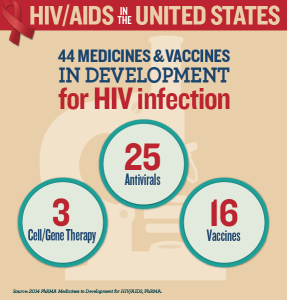
*For more information about common myths and facts please visit:
http://www.webmd.com/hiv-aids/top-10-myths-misconceptions-about-hiv-aids


